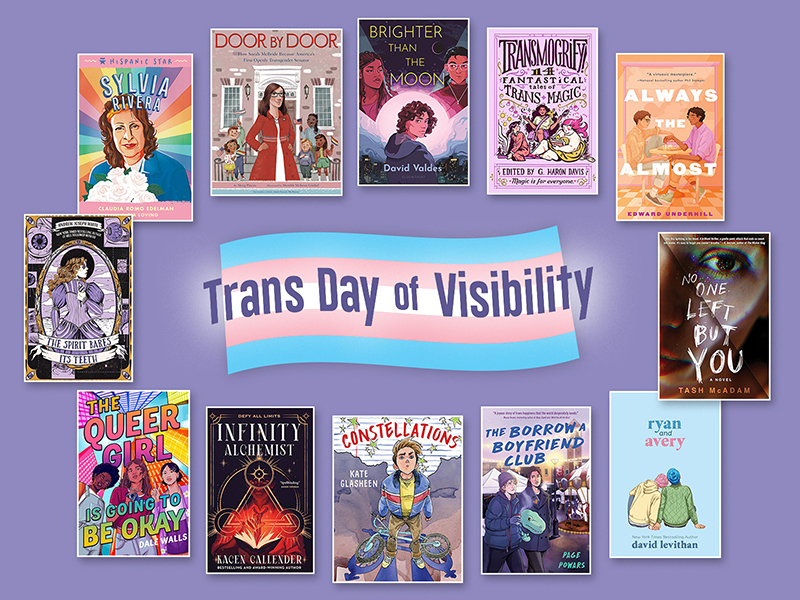SCROLL DOWN TO READ THE POST
Review: Belle Epoque
Belle Epoque by Elizabeth Ross. Delacorte Press, Random House. 2013. Review copy from publisher. Morris shortlist.
 The Plot: Paris, France. 1888/1889. Maud Pichon, 16, had big dreams when she ran away from her small village in Brittany and an arranged marriage.
The Plot: Paris, France. 1888/1889. Maud Pichon, 16, had big dreams when she ran away from her small village in Brittany and an arranged marriage.
Her dreams have changed to one thing: survival. The money she took from her father is almost gone, the rent in due in the small garret room she found, and she needs a job.
She answers an ad: “young women wanted for undemanding work. Propriety guaranteed.” She is shocked to discover that the Durandeau Agency provides a special type of woman to a special client: a repoussoir.
ADVERTISEMENT
ADVERTISEMENT
Plain and ugly women. To be a companion. To sit next to someone, and in their ugliness make someone look prettier than they otherwise would appear.
Maud flees: insulted that she is viewed as perfect for the job. And all her own fears and insecurities are stirred up, as she hears all her flaws described. She tries another job, but in the end, she has no choice. She returns.
Maud’s first assignment: a Countess buys Maud’s time for the countess’s daughter, to be around for the whole season, to make the daughter, Isabelle, more desirable and more marriageable. There’s a catch: Isabelle must not know anything about it. And Maud is to report everything back to her mother, reveal every confidence, so that her mother can manipulate the best marriage possible.
Maud must practice deception upon deception: pretending to belong to society. Pretending to be Isabelle’s friend. Pretending not to want more, not to be more, than the ugly friend.
The Good: A fascinating look at late nineteenth century Paris. “Beauty” is supposed to be so important that people hire someone plain to sit next to them in a cafe, at a dinner, at the opera. Yet it’s also a time with changing standards of what beauty is, as shown by the building of the Eiffel Tower. It’s different, it’s unique, and we, the reader, know that one day it will become synonymous with Paris, that it will be viewed as beautiful and elegant, but in Maud’s time? Not so much.
Maud is doing her best to make her own way. Back home, she worked in her father’s store, so she has little or no formal education. Her shop skills, without a reference, cannot get her a job. The position she does get, in a laundry, is tough and demanding and hardly pays. Being a repoussoir is physically easier and pays better. She makes friends with some of the other women. The problem is she also starts to make friends with Isabelle. Isabelle, it turns out, is someone who could care less about the season or marriage; she likes learning and her dream is to attend the Sorbonne. Maud pretends to Isabelle’s mother that Isabelle has good prospects, doesn’t tell about Isabelle’s dreams, but Maud knows that she can only play that game for so long.
Being the ugly, plain friend is draining. It does something to a person. To always, always, be the lesser one: Maud doesn’t really belong at any of the fancy affairs she goes to; she doesn’t have money or connections; and, of course, she doesn’t even have the looks. Even her personality must be muted and downplayed, used to flatter and highlight the person who hired her.
ADVERTISEMENT
ADVERTISEMENT
And here is where Maud’s age matters. For any repoussoir this would be difficult. For a teenage girl, it’s almost impossible. It’s not just having your worst fears about your appearance confirmed, though part of it is that. It’s also that Maud is at a time in her life where she is trying to figure out herself: enjoying Paris, wondering where life will take her, figuring out what she wants, and, yes, falling for a young man. How can she do all that while she is being told to be second? Less than?
A quick aside about the young man: yes, there is a bit of a romance, as well as some feelings about some of the eligible men courting Isabelle. I mean, Maud is having fancy parties and dinners and meeting young men who are handsome and rich. Of course there will be feels. But it’s a bit secondary to the main story: the story of Maud discovering herself.
All too often, historical fiction is about the “fancy” things, so, the things that the rich and well to do have. It is about the options that those people have. Isabelle, then — the daughter of wealthy parents who years only for an education — would be the main character, so that the parties and events and dresses could be described but you’d also have a “good” main character, one who values education over appearance and strives for independence.
Instead, there is Maud. Maud, who ran away and finds that life in Paris, while magical, is also about being hungry and desperate when you’re poor without connections. It’s about having to sit silently while someone describes the flaws of face and figure. Despite the cover image, this is not about someone who is beautiful. When she gets to wear pretty clothes, they are not truly hers: they are part of the person she has to pretend to be. She is only just now learning about the world of art and music, and Isabelle introduces her to photography. Maud discovers things and people to care about, and has to decide whether her job is more important than her integrity and her relationships with others. And she has to do so while wondering how to pay rent and buy food. Because she already has independence, her struggle is how to maintain it.
Other reviews: Slatebreakers; The Book Smugglers; YA Romantics.
Filed under: Reviews
About Elizabeth Burns
Looking for a place to talk about young adult books? Pull up a chair, have a cup of tea, and let's chat. I am a New Jersey librarian. My opinions do not reflect those of my employer, SLJ, YALSA, or anyone else. On Twitter I'm @LizB; my email is lizzy.burns@gmail.com.
ADVERTISEMENT
SLJ Blog Network
One Star Review, Guess Who? (#202)
This Q&A is Going Exactly As Planned: A Talk with Tao Nyeu About Her Latest Book
Exclusive: Giant Magical Otters Invade New Hex Vet Graphic Novel | News
Take Five: LGBTQIA+ Middle Grade Novels
The Classroom Bookshelf is Moving
ADVERTISEMENT
ADVERTISEMENT







